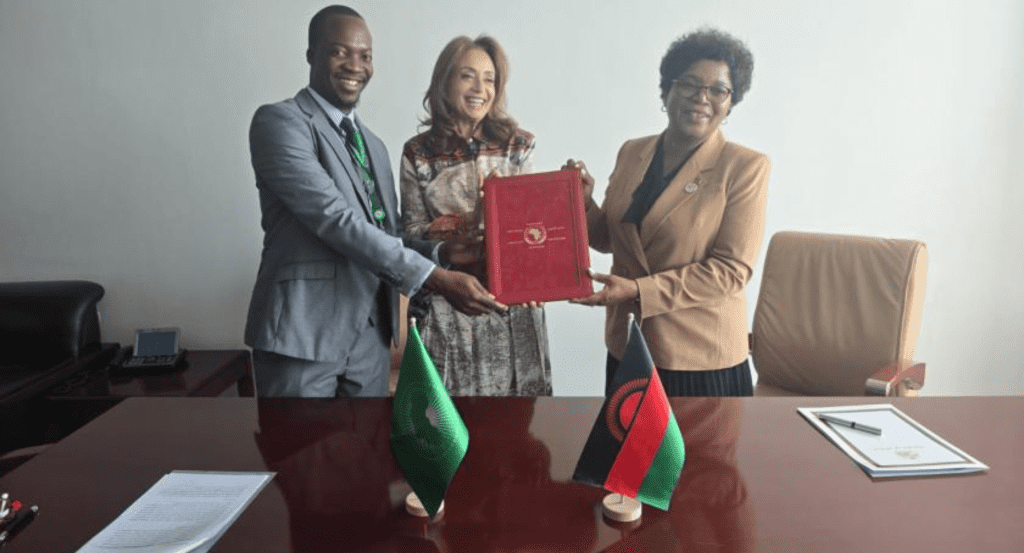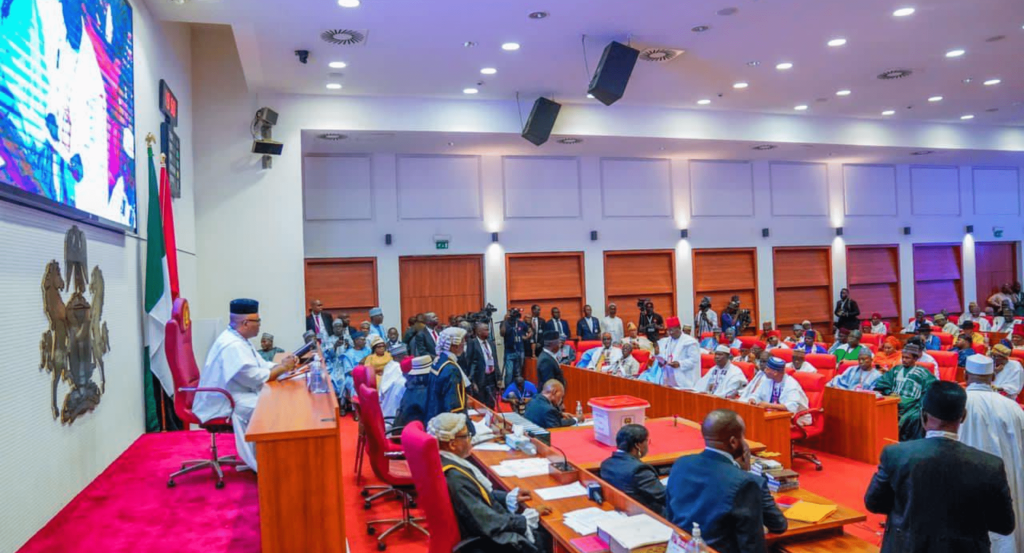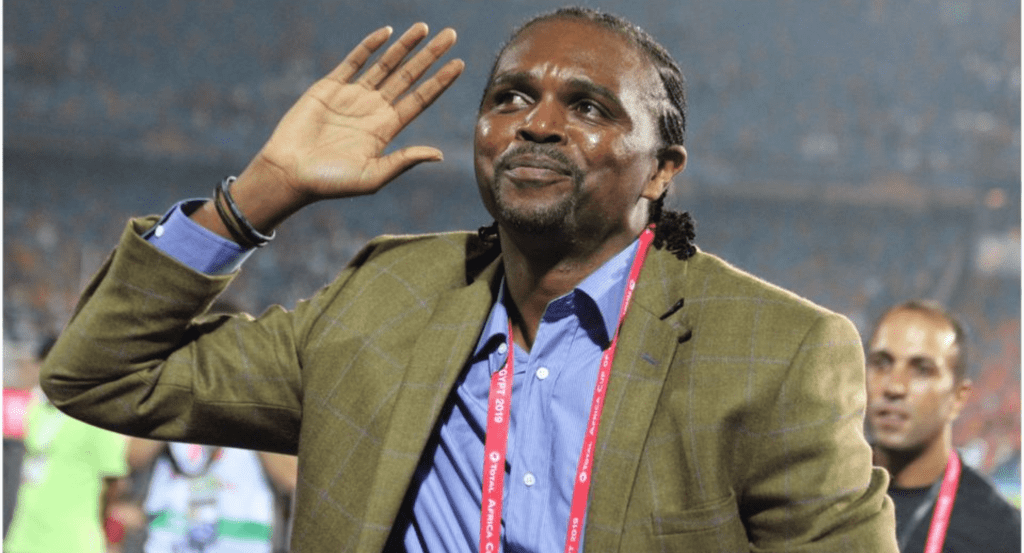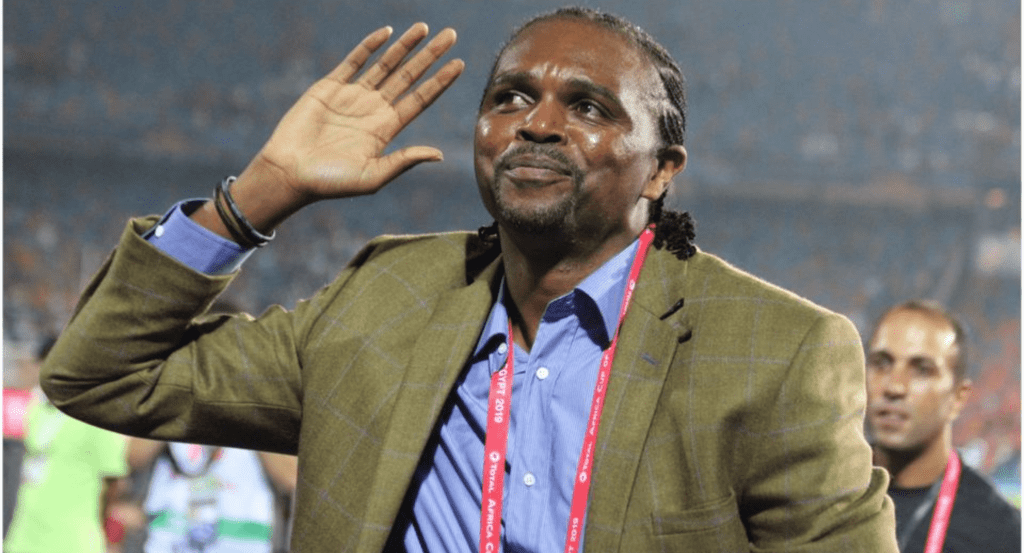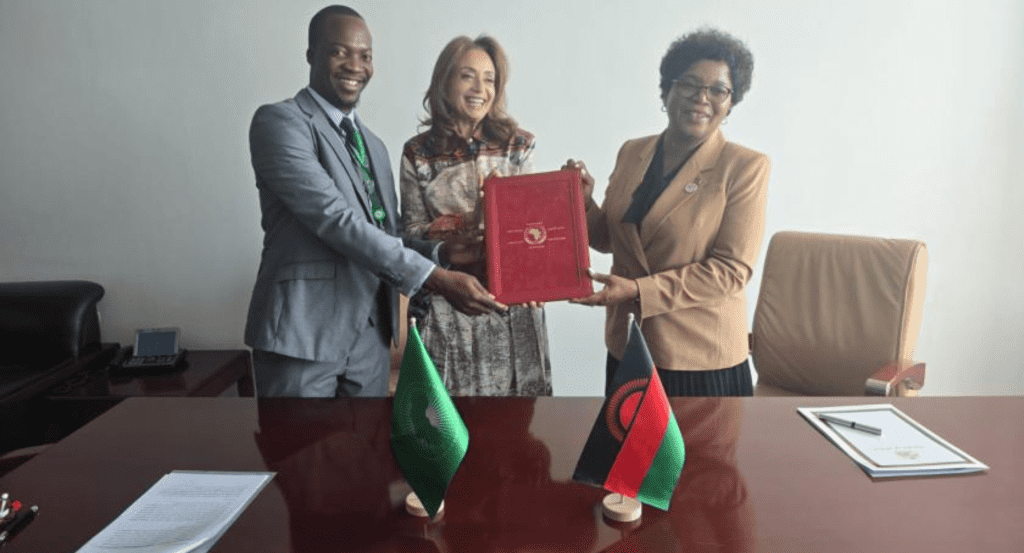An energy summit in Accra, Ghana, convened leaders and energy experts from across West Africa to discuss strategies for transitioning to renewable energy. The summit, hosted by Ghana’s Ministry of Energy, provided a platform for policymakers, industry stakeholders, and international organizations to assess progress, share best practices, and address challenges in shifting toward sustainable energy systems in the region.
High-profile participants included Ghanaian President Nana Akufo-Addo, Nigerian Minister of Power Adebayo Adelabu, and Côte d’Ivoire’s Minister of Petroleum, Energy, and Renewable Energy Development Mamadou Sangafowa-Coulibaly. The summit drew additional attendees from international organizations such as the African Development Bank (AfDB) and the International Renewable Energy Agency (IRENA). Each attendee underscored the importance of reducing carbon emissions and enhancing energy security to support economic resilience amid growing climate concerns.
The discussions revolved around three primary objectives: identifying viable pathways for the renewable energy transition, securing funding for clean energy projects, and fostering regional cooperation to implement shared policies. The representatives emphasized solar, wind, and hydropower as core components of West Africa’s renewable infrastructure. While some countries, like Ghana and Nigeria, have made strides in harnessing solar energy, others are focused on expanding hydropower capacities in rural and underserved areas.
President Akufo-Addo highlighted Ghana’s Renewable Energy Master Plan, which aims to achieve 10% renewable energy in the national grid by 2030. He urged regional allies to pursue ambitious targets and collaborate in developing cross-border energy projects to strengthen the grid across West Africa. In alignment with these goals, the AfDB pledged additional support for renewable energy financing and technical assistance to assist member countries in meeting their climate targets..
In addition to policy discussions, the summit featured sessions on innovative financing models, public-private partnerships, and technological advancements to make renewable energy more accessible. Attendees debated strategies to address common barriers, including high infrastructure costs, limited technical expertise, and challenges with regional grid interconnectivity. Leaders agreed that substantial foreign direct investment (FDI) and local investment would be essential to accelerate the green transition and fulfill regional climate commitments.
Ghana’s Minister of Energy, Dr. Matthew Opoku Prempeh, closed the event with a call to action for West African nations to increase renewable energy adoption for economic stability and climate resilience. He noted that the region’s abundant natural resources, combined with strong political cooperation, positioned West Africa to lead the way in Africa’s green transition.



